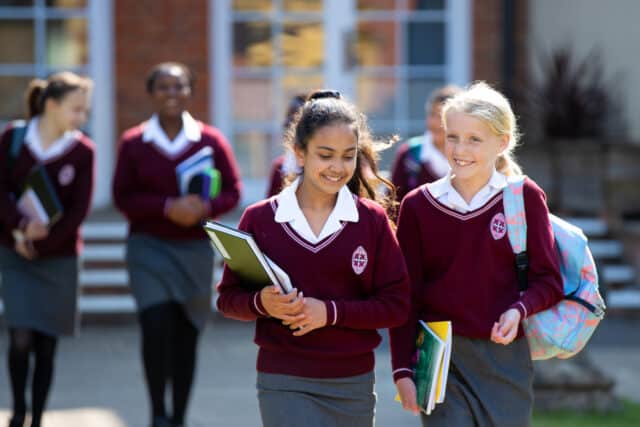Economics is present in almost every aspect of our lives. Studying A level Economics gives you an understanding of the inner workings of the world we live in, from what determines the price of goods to why the average standard of living differs widely between countries. We will also be launching A level Business Studies from September 2025.
Topics studied
Theme 1: introduction to markets and market failure (nature of economics; how markets work; market failure; government intervention).
Theme 2: the UK economy – performance and policies (measures of economic performance; aggregated demand and supply; national income; economic growth; macroeconomic objectives and policies).
Theme 3: business behaviour and the labour market (business growth; business objectives; revenues, costs and profits; market structures; labour market).
Theme 4: a global perspective (international economics; poverty and inequality; developing economies; the financial sector; role of the state in the macroeconomy).
Assessment
Assessment (three 2–hour papers)
Paper 1: markets and business behaviour (multiple choice, short-answer, data-response and essay questions assessing themes 1 and 3)
Paper 2: the national and global economy (multiple choice, short-answer, data-response and essay questions assessing themes 2 and 4)
Paper 3: microeconomics and macroeconomics (data response and essay questions assessing all four themes)
This course contains no coursework.
76.9%
A*–A in A level Economics in 2024
100%
A*–B in A level Economics in 2024
Academic enrichment
There are a wide range of competitions available to you and entry is very much encouraged and supported. These involve, for example, essay competitions from the Royal Economic Society, the Institute of Economic Affairs and from Cambridge’s Marshall Society, as well as a blog competition run jointly by the FT and the Bank of England. The department also looks to host talks and go on day trips as and when suitable opportunities arise.










